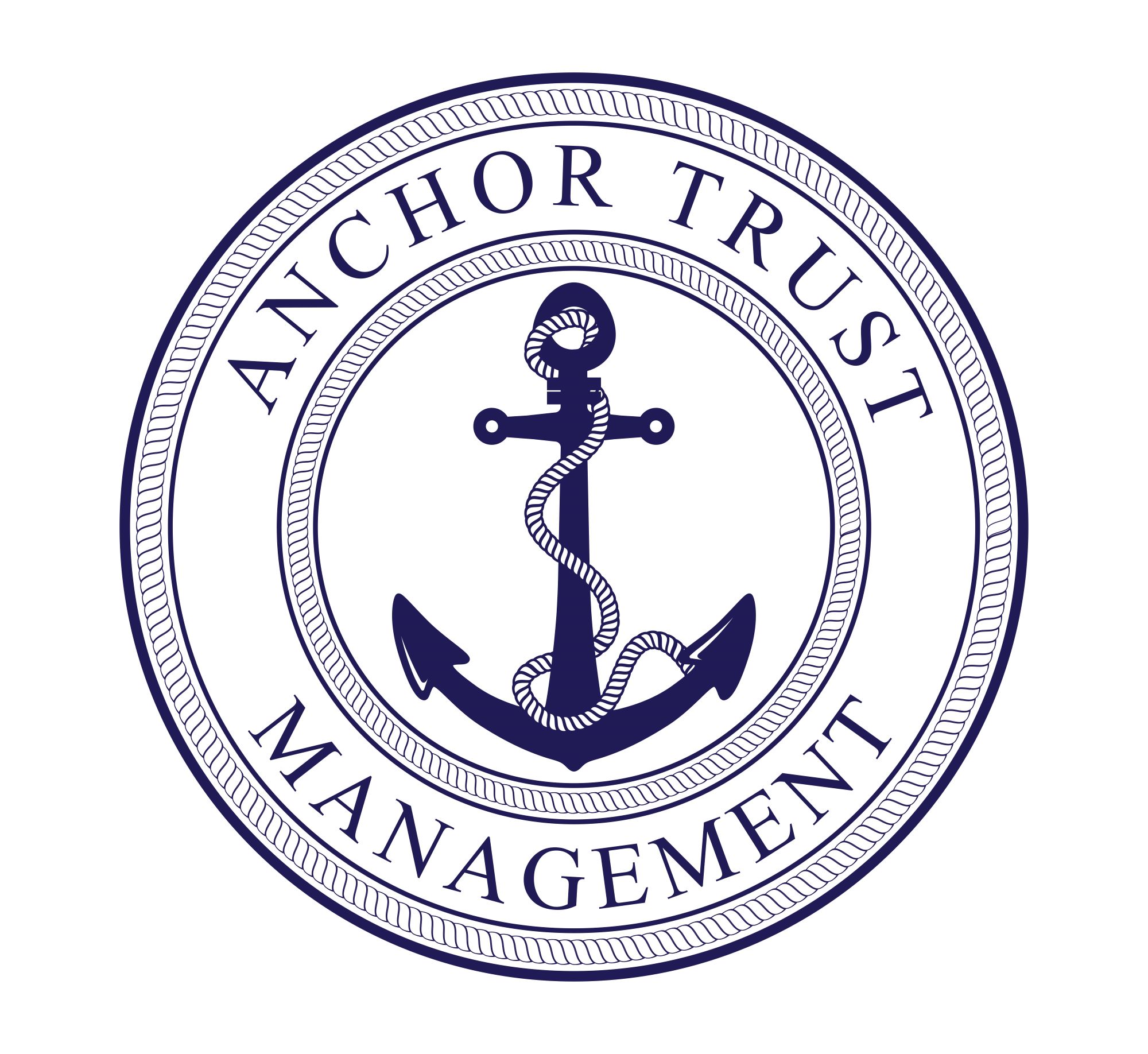If you’re in the midst of legacy planning, you may be in need of a notary. Here’s what you need to know about notarizations in Florida for wills and related documents, plus how to find one you can trust.
Am I Required to Notarize My Will?
At the time of this writing, you are not required to notarize a will in Florida. However, doing so can help streamline the probate process. That’s because Florida accepts what’s called a self-proving affidavit.
A self-proving affidavit is an addition to the will that’s signed by the testator, a notary, and the will’s two witnesses. A notary is required for this document. It confirms to the court that the will has been executed properly. After the decedent passes, the self-proving affidavit allows the will to be administered to probate without needing the testimony of the witnesses. You’ll find these details outlined in section 732.503 of the Florida statutes.
Although a notary is not required to sign a Florida will, a notary’s signature is needed for other documents related to estate planning, like a healthcare surrogate or living will.
Where Can I Find a Notary?
There are many ways to find notaries offering both in-person and digital services. For your convenience and peace of mind, our team provides notary services.
You can also contact notaries located throughout your community. These establishments include:
- Banks
- Libraries
- Tax preparer offices
- Packaging and shipping centers
- Auto tag centers
Before scheduling an appointment, call ahead to ensure a notary is present and able to sign estate planning documents. If you’re in need of additional guidance, you can conduct a search on Find a Notary, a resource provided by the National Notary Association. You can search local notaries based on their areas of expertise, spoken languages, and availability.
Florida also allows for remote online notarizations. Florida notaries must meet certain requirements – for example, completing a training course and securing a surety bond and E&O insurance policy in the amount of $25,000 each. Additionally, there are various document signing organizations that provide digital notary services, along with cybersecurity support like SOC 2 and HIPAA compliance.
Notary Fraud: Warning Signs
Estate planning documents are some of the most important documents you’ll ever sign, so you’ll want to ensure you’re working with a trustworthy notary. Unfortunately, notary fraud does occur – but there are red flags you can look out for. For example, a notary should always require all signers to be present before signing and stamping a document. You should also double check their stamp to confirm it hasn’t expired.
And when scheduling your notary appointment, keep an eye on the requested fees. Notaries in Florida can charge up to $10 for each traditional notarization, and up to $25 for remote notarizations. This doesn’t include ancillary charges like travel fees. Still, if the charges seem exorbitant, beware. For all these reasons, it may be best to schedule an appointment with a notary at a law firm or other reputable organization.
Notarizing your will adds an extra layer of security and may make the probate process smoother for your loved ones down the road. Contact us for more information.


